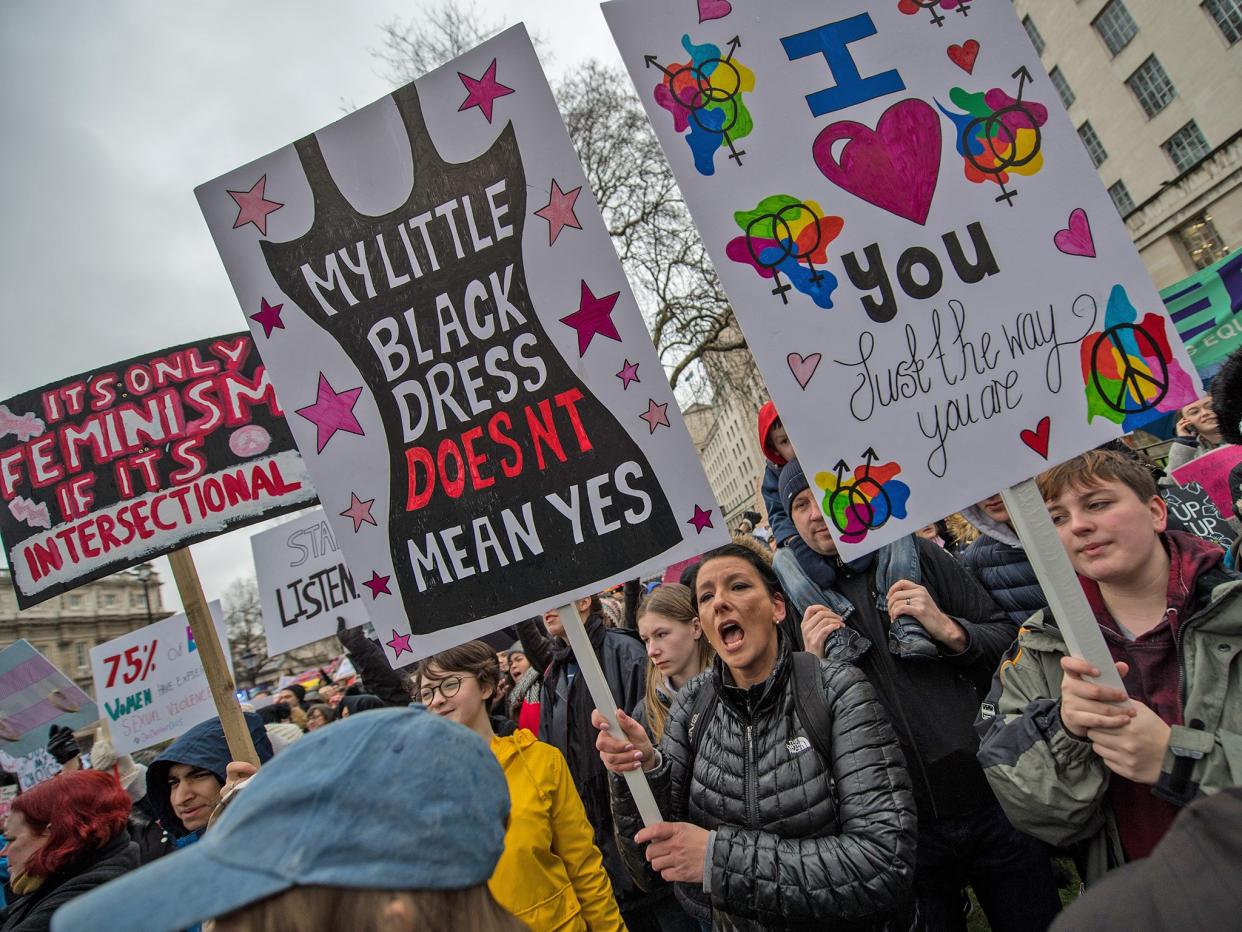US ranked in top 10 most dangerous countries for women: poll

The United States is the 10th most dangerous country in the world for women, a new survey of experts shows.
Thomson Reuters Foundation surveyed 548 experts to determine which countries are seen as the worst for women.
The results make the US the only Western democracy to land in the top 10 of the list, alongside the likes of India, Afghanistan, and Somalia. The US tied with Syria in terms of he risks women face as far as sexual violence, harassment, sexual coercion, and women’s access to justice in cases of rape, according to the survey.
“People want to think income means you’re protected from misogyny, and sadly that’s no the case,” Cindy Southworth, he executive vice president of the National Network to End Domestic Violence, told Reuters.
The surprise addition of the United States to the top 10 on the list was a result of the #MeToo and Time’s Up campaigns, which demanded justice and responsibility from men as a massive number of women are forward with their experiences with sexual harassment or violence.
“We are going to look back and see this is a very powerful tipping point,” Ms Southworth continued, reflecting on the movement that has dominated headlines for months. “We’re blowing the lid off and say ‘#Metoo and Time’s Up’”.
The other countries ranked in the top 10 for danger to women included Pakistan, Democratic Republic of Congo, Yemen, and Nigeria.
Myanmar, Libya, and India were considered the most dangerous for women, where human traffickers run an estimated $250b a year operation exploiting women.
The poll was conduced online, by phone, and in person between March 26 and May 4. Experts were asked to weigh in from Europe, Africa, the Americas, South East Asia, and the Pacific.
Respondents were academics, healthcare staff, aid professionals, non-government organizations, development specialists, social commentators, and policy-makers.

